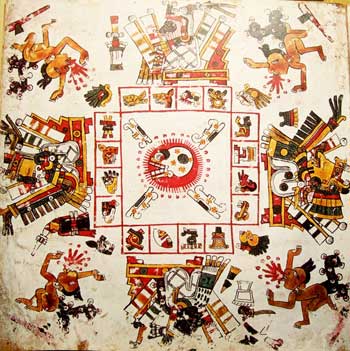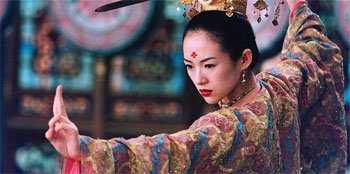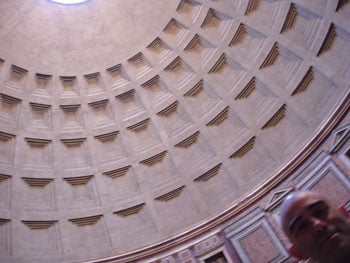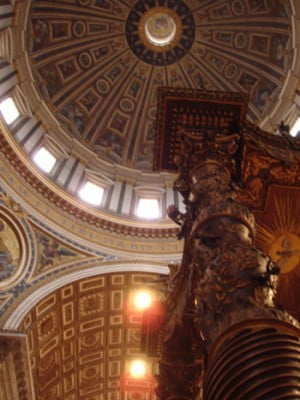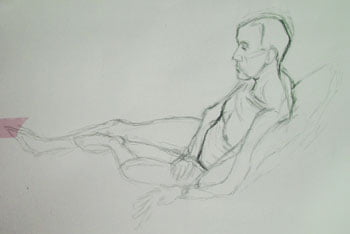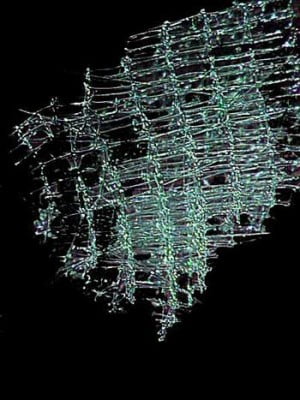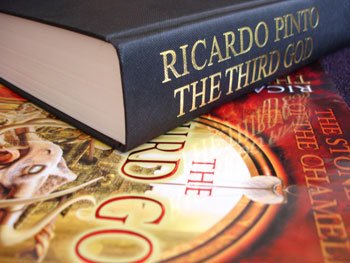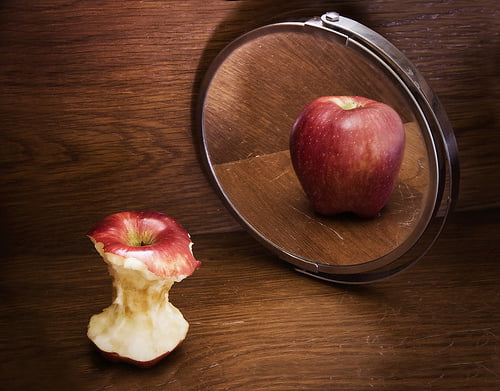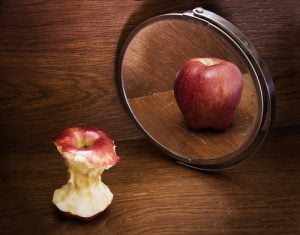orthogonality…
I was doing yoga last night and was struck (again) by how the positions I was trying to achieve with my body had parallels with a particular satisfying way of thinking that I am constantly drawn to: the linking factor is ‘orthogonality’. This word is defined by the Shorter Oxford English Dictionary as coming from the Greek meaning “right-angled”… Consider the word “right” – which in turn is defined as being ‘straight’ – and, at least in English, has the meaning of ‘correct’, and even ‘something that is due to a person innately’…
Now this human obsession with ‘right-angles’ – as for example is exemplified in so many of our buildings (round buildings are an obsession for consideration another day)… with their straight edges, their corners, their square doors, windows etc – this obsession does not seem at all surprising to me. Consider yourself standing surveying the world: there is what is in front of you, what is behind, what is to your right, and to your left. This is, I think, likely to be a particularly strong impression to an animal that stands upright. We have a front and a back… and we have eyes, ears, arms, legs etc – right and left of a central axis… This then finds a deep resonance with the world we live in. With its east/west axis defined by the path of the sun and, except on the equator, the sun lies to the south, and thus, behind us, is north. Interestingly, in the Americas (and other places too) there were not only these four directions, but a fifth… the centre… the place you are standing… the place you ‘are’…
Is it surprising then that this omnipresent orthogonality should seep into so much of our thinking? Our writing systems that move horizontally or vertically across rectangular writing surfaces. Our mathematics. Our attempt even to lay out our cities and our fields in grids and rectangles – inscribing them on a planet that, in many ways, we persist in seeing as a massive square – a world with corners…
For me there is an even more subtle consequence. When I do many things, especially writing my stories, I seek a kind of ‘orthogonality’ – that no longer is tied down to rectangles and corners, but rather to an elegance of connection of all the parts so that they span the space (and time) with a minimal elegance; an orthogonality that contains without cramping, leaving the ‘space’ room to breathe…
